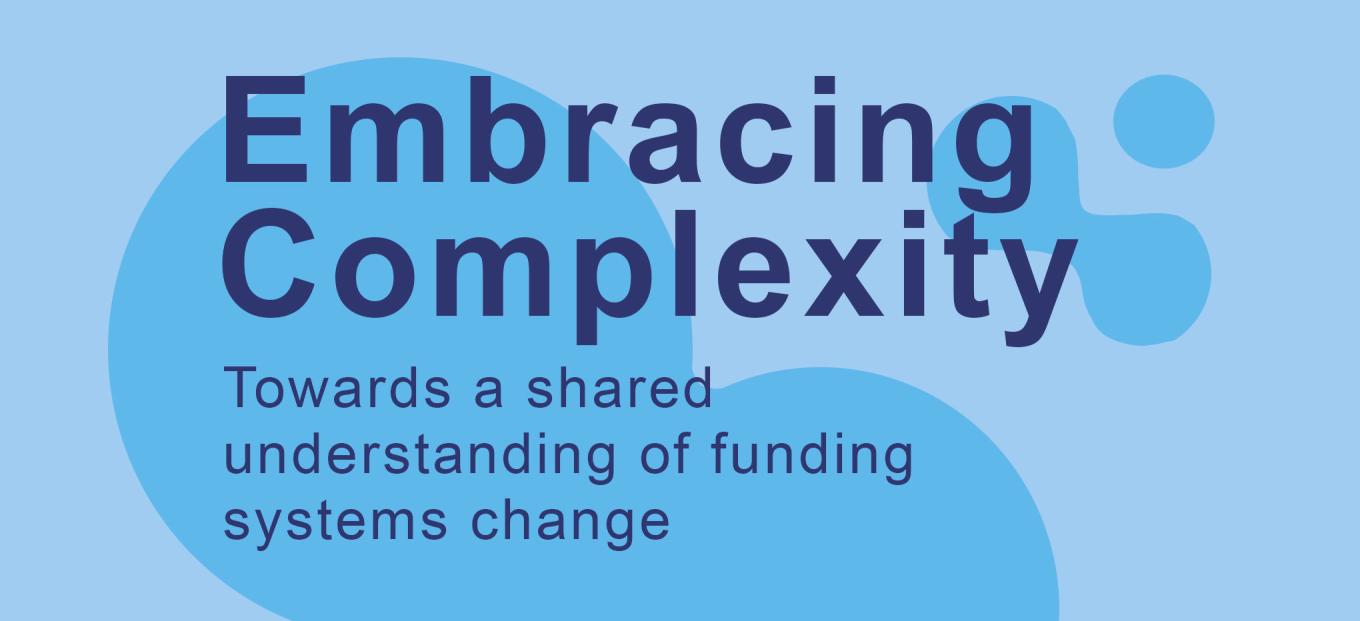
In recent years, the conversation in the social sector has reflected increasing interest in supporting longer-term, more transformative changes to tackle the root causes of societal problems – i.e., systems change. This emerging shift in emphasis has implications for many aspects of social sector work, including funders’ own practices as they aim to achieve meaningful and lasting impact.
Although the concept of systems change has only recently gained recognition among a critical mass of funders, many organizations already embrace systems change work or are interested in evolving their current funding practices towards better supporting systems change approaches. The goal of this report was to collect and distill the insights and lessons we have discovered through our collective journeys so far. We offer these to other organizations, including philanthropists, foundations, impact investors, corporate donors, government agencies, and multilateral organizations that want to evolve their current approach to funding in a way that positions them to invest in systems change efforts.
There is already a range of existing reports and other sources that offer advice for funders interested in supporting systems change work, some of them written by funders and others by intermediaries and systems change leaders themselves. We believe that what sets this report apart is the unique collaboration between organizations representing all three groups. The aim of this collaboration is to arrive at a joint, holistic outlook on how systems change efforts might be funded, drawing on the knowledge that others have shared before us. In the spirit of our fifth proposed principle - Collaborate with other stakeholders - we hope that this effort inspires others to explore and capture opportunities for collaboration.
This report begins by making the case for how systems change approaches can help us address the complex, pressing challenges humanity is faced with. It then proposes five principles outlining how systems change efforts might be funded, drawing on existing literature and qualitative and quantitative research. This research involved more than 50 interviews with funders, intermediaries, and systems change leaders and generated over 110 survey responses from systems change leaders (see text box on methodology). Finally, for each principle, it provides suggestions that are relevant to both smaller and larger funders on how to change funding practices to better support systems change work.
⬇️ Read the report below:
-
We have aligned on the following key definitions for the concepts and actors we refer to.
Systems change means:
- addressing root causes rather than symptoms
- by altering, shifting and transforming
- structures, customs, mindsets, power dynamics, and rules
- through collaboration across a diverse set of actors
- with the intent of achieving lasting improvement of societal issues
- on a local, national, and global level.
Systems change leader refers to any individual or organization driving systems change.
Funders refers to any individual or organization contributing resources to systems change leaders. These resources may include financial support as well as non-financial support, such as technical assistance or access to networks.
Intermediary refers to organizations supporting systems change leaders that themselves rely on funder support, thus occupying a position between funders and systems change leaders. For better readability, the term "funder" in the report is understood to include intermediaries, too.